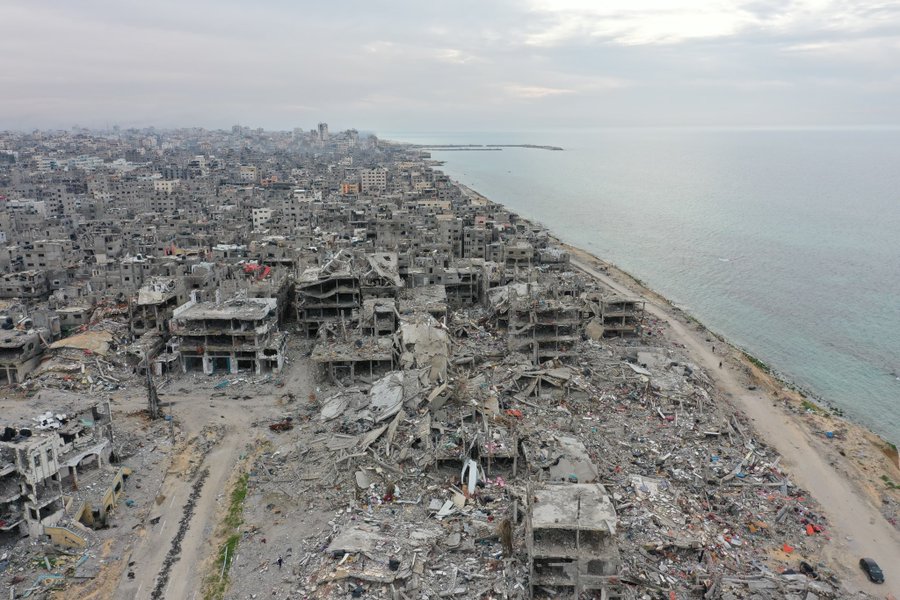Sustainable Cities are Better Equipped to Recover from COVID-19 Pandemic
The first session I attended during Global Goals Week was Happy Digital Cities which focused on the role of blended finance in sustainable cities. Suharso Monoarfa, the Minister for National Development Planning in Indonesia, delivered a unique opening speech. He discussed the importance of ecology and that the ecological master planners need to be involved in the early process of city planning instead of focusing only on the built environment. Also, he mentioned that innovation and working along with stakeholders will help to achieve goals. This emphasizes the connection between SDGs 11 and 17.
The second concept which strongly resonated with me was how cities should be sustainable enough to fight pandemics. COVID-19 was able to destroy the economy of communities that rely on only one kind of resource. For instance, cities depending on tourism struggled economically because their main source of revenue was affected. However, if these communities relied on various markets, the pandemic would have had a significantly weaker impact on them. During this session, Professor Maasdron touched on a leverage point behind successful sustainable communities, which is the power of people. People are more powerful than governments because they form the foundation of all communities. We should think about what is good for our people now and in the future, and that is not only by providing basic needs. Rather, we should think about how to make the people live happily to be able to thrive with their community under any circumstances.
Blending finance and technology were also important themes in this session. We were told how blended finance can play the role of connectivity between spirit, people, and nature. For instance, blending finance can establish green infrastructure projects using technologies to create a long-term impact on the quality of air, water, and soil for us and future generations.
The next session I attended was called Upskilling a Billion Young People by 2020. It followed the systems-thinking approach on solving problems to upskill communities. Victor Ertl explained how to find a problem that is facing a large number of people and think about what skill they are missing in order to solve the problem. We had a workshop in this session and divided into breakout rooms to work in groups from different cultures to learn about the main problems facing communities and what skills they are missing. My group chose the lack of English language and how this affects job opportunities globally. Later, we presented this problem in detail to the participants and provided some solutions for this issue in order to create a knowledgeable sustainable community.
Ahmed Meselhy serves as a 2020-2021 UNA-USA Global Goals Ambassador for SDG 11: Sustainable Cities and Communities.



